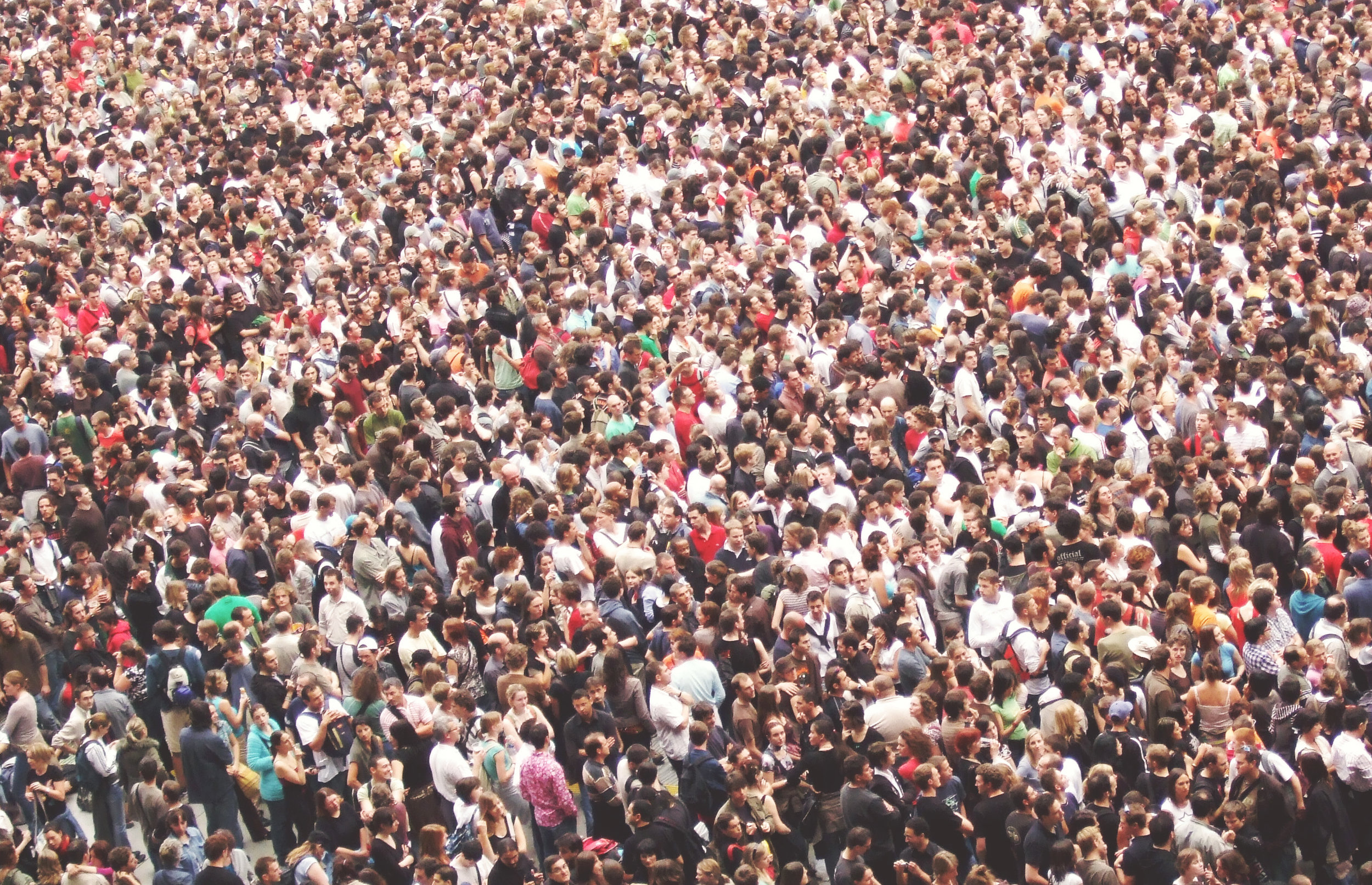Culture of numbness
/Sometimes I feel silenced. Going about the humdrum of day to day, the ever stinging pain of my son’s death is dulled to a steady throb. I find myself able to reintegrate into a normal routine, procuring groceries after hectic work days, even reestablishing a semblance of my former social life with friends and family. For the most part, things settle over time—even when we have been through the worst, have borne the unbearable.
Then, occasionally, tragedies will occur that rock us to our cores, and bring our worlds crumbling back down for a terrifying amount of time as we are forced to recall our own terrors. America saw two shootings in the span of two weeks. El Paso, Dayton. We collectively witnessed, in shock and horror, the sudden deaths of innocent lives to senseless tragedies, disasters that could have been averted by simple legislations and safeguards.
Of course, children are dying daily across the world, in their mother’s arms or across bloodied battlefields of wars and famine. We are constantly connected to those grieving mothers, pinpoints of pain irrevocably linked in a tapestry of suffering across the world. Yet for me, this recent tragedy was local enough to shake me.
As a mother who lost a child, I carry the unique ability to not only sympathize with the deceased, but also feel their frustration. I envision the next few years for them: the suffering, the grief, the guilt. The pain. The endless questions: Why me? Why my baby? Why is no one talking about this? Why is nothing being done?
And then, when the debris clears, when the dust settles and everyone forgets, everyone goes back to “normal”: Why do I feel like I’m being silenced?
There is collective anger now, of course. Society comes together to erupt in short-term, temporary outrage. Yet long-term change remains unaddressed, paving the way for future terrors as people forget those who died. Legislations, opportunities to prevent future tragedies are ultimately averted. We boil justice in our blood to overheating, our tongues a cacophony of demands—Do something! Do something!—yet they still died. We seek justice, some sort of change; increased screenings, background checks, take the guns away, more ultrasounds, necessary interventions—
Yet it won’t bring them back.
I see the angry faces on the news. The sad, wailing mothers. The grainy videos of vigils held at the shooting sites. Pictures of the victims before death, smiling, radiant, still unblemished by tragedy.
I envision my son’s photos—his ultrasound, his baby photo, his eyes closed, looking perhaps as if he were asleep save for the bluish hue of his skin, the purple of his fingernails. Then, BREAKING NEWS—something else takes up the screen.
Within a second, the lives of the deceased are wiped away, replaced by political dramas, weather alerts, the occasional wholesome lemonade stand or cute puppy video. Our society has a limited attention span for death and the all too raw, all too inevitable grief that death accompanies.
Instead, they push aside the pain for instant gratification; Censorship. Bandaged over, a fatal wound that is brushed away as a paper cut. In a world where we hold things in, we are sure to explode.
***
Empty platitudes from social media, from strangers and loved ones alike: Thoughts and prayers. I wonder how the parents of the shooting victims feel with those thoughts and prayers.
I vaguely recall the platitudes of my own friends and family, useless and vacant, contributing nothing to the backdrop of my son’s grave, the stony gravel path that I fumbled across as I first watched him being lowered into the ground. I was alone, watching his burial. These thoughts and prayers had no physical manifestation, the people echoing those words as vacant on that day as the effort behind their comforting.
I simply felt numb.
Today, I busy myself with my rainbow daughter, joyously, gratuitously. I lose myself in the radiant moments of her smile, her contagious laugh, more precious than any breaking news headline or puppy video. Yet the grief still simmers beneath the surface, just as the anger of my son’s death still lingers, just as the anger of the nation lingers beneath the cracks, waiting to explode again.
I exploded a few days ago, driving around aimlessly with my daughter in the backseat as tears cascaded down my cheeks, a geyser upending from the depths of my soul. I hadn’t cried like that in a long time. Was I brushing things away, too? Lately, my mind worked like a news outlet; brief coverage of my son’s sudden death, succinctly flashing across the ultrasound with no heartbeat—then brushed away to another headline—come now I must tend to my daughter, I must go to work, I must do the dishes must clean bottles must do anything but break down. I add to the boiling pot, the simmering heat of a censored world.
Thoughts and prayers!
Wave it all away.
The Facebook comment of my friends list, haunting me from my son’s death, resurfaces now in phantasmal terror to haunt my mind. Occasionally I observe other posters: people legitimately upset, lamenting the lives of the deceased. Those people, I’ve witnessed, appear to embrace their emotions across the span of their lives. Grief, rage, sadness—it’s all there, on sometimes raucous (yet honest) display. I am not vocal, yet I have suffered. And having suffered, I believe we are connected in a way that the naïve are not.
We cannot help directly, yet we can sympathize with the jagged pain of loss. We can understand how it transforms a person, how it alienates them from the rest of society. And my son’s shadow looms over it all, every daily interaction, just as the shadow of every lost loved one will loom over these sad, bereaved families.
And the world mourned briefly for us, before the next headline took over.
Do you feel differently now, post-loss, about the machinations and tragedies of the news?


